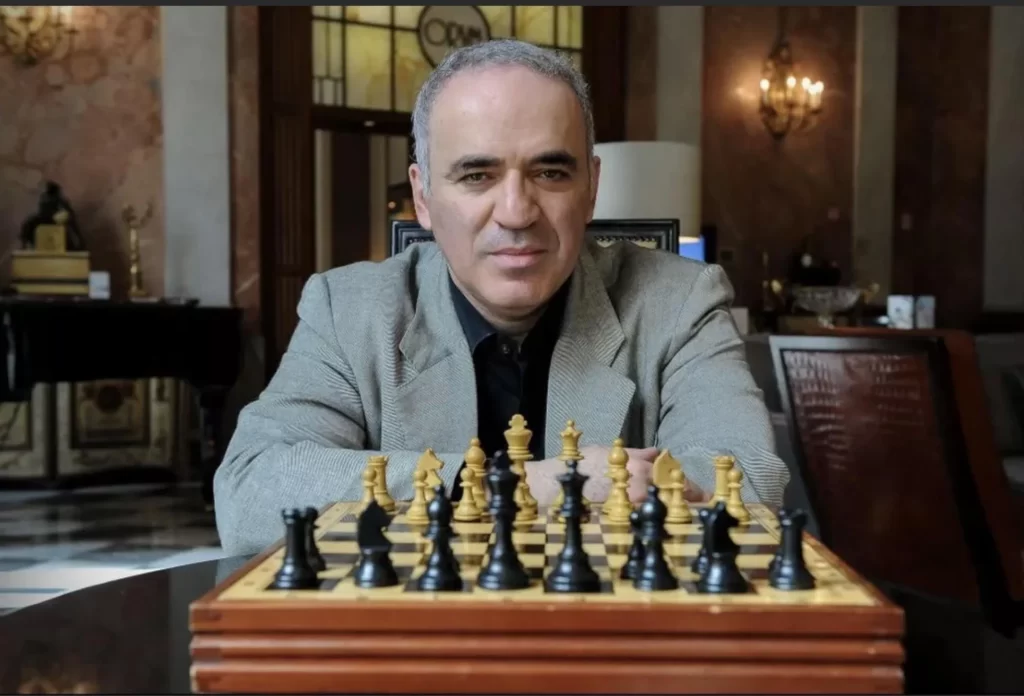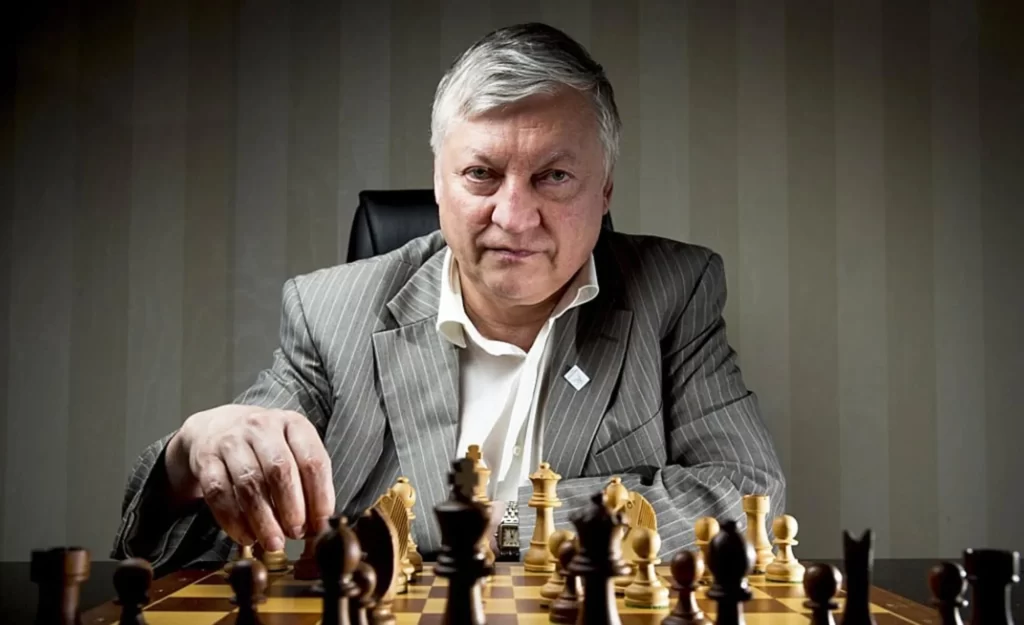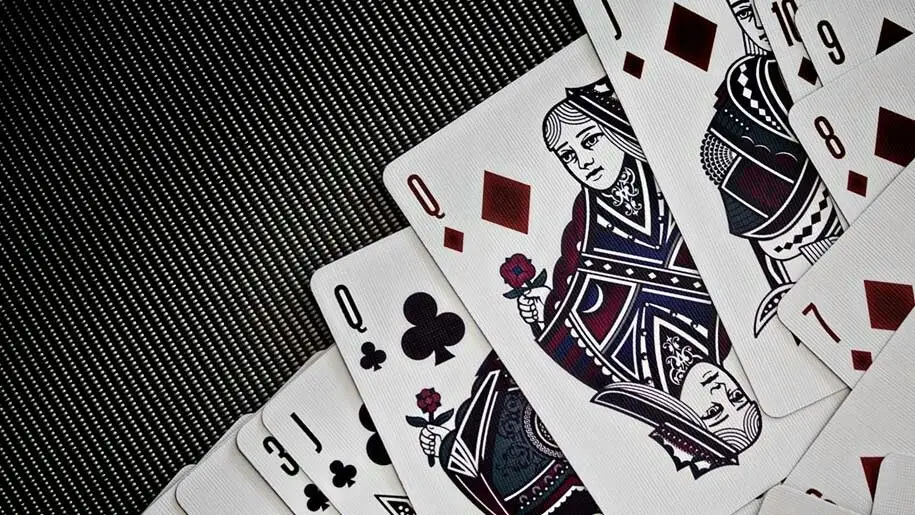They are beacons that light the way for all chess lovers. Their passion and intelligence ignite a spark in the hearts of millions who turn an ordinary game into a true art. We are talking about the world chess champions. In this article, we will tell you about those who have officially achieved this status.
World chess champions: biographies and victories
Below is a detailed description of each of the champions whose unique style and achievements have shaped the modern chess face. Each is a unique chess legend who influenced the game and left his mark on history.

Emanuel Lasker: a master of psychology and logic
Emanuel Lasker became famous not only for his brilliant moves, but also for his unique approach to psychology. For 27 years, he was world chess champion thanks to cunning strategies and a deep understanding of human nature.
- Lasker understood that chess was more than mathematics and piece combinations. He actively applied psychology in his games, playing not only against the board but also against his opponent’s emotions.
- Lasker became an innovator in defence, willing to deviate from classical dogmas and use new ideas that many found ridiculous. One of his favourite tactics was to create difficult positions in which the opponent had to make difficult decisions under time pressure. This allowed him to outplay even his strongest opponents, making him a truly great chess player who fought for control both on and off the board.
- Lasker’s influence on chess is immense. He showed that in this game not only technique is important, but also the ability to manipulate the opponent’s mood. It was thanks to Lasker, the world champion, that the idea of an individual approach to influence the opponent appeared in chess.
José Raúl Capablanca: the genius of the position
José Raúl Capablanca, or ‘the chess automaton’ as his contemporaries called him, was a legend of his time because of his amazing ability to play positionally. He did not need complicated calculations: his vision of the game was almost intuitive. He showed how to dominate with simple but effective methods.
- Capablanca quickly won the respect of the chess community for his understanding of positional play. By the age of 13, he had already defeated the Cuban champion and continued his rise to the top of the chess world. His intuitive understanding of chess positions and ability to adapt made him one of the brightest stars of world chess.
- Capablanca showed that simplicity was the key to victory. He looked for positions in which clarity and the absence of unnecessary complexity played a decisive role. This approach helped him win many chess tournaments and left an indelible mark on history.
- His games have become textbooks for a generation of chess players. He taught that chess is the art of small steps, where every detail and every move matters. Achievements of the world chess champion: brilliant victories over serious opponents of his time.
Alexander Alekhine: a chess revolutionary
Alexander Alekhine was a master of aggression at the board. His style consisted of unexpected attacks and complex combinations:
- Alekhine knew how to create attacks that were unstoppable. He always looked for sharp play, liked to sacrifice pieces to get into an attacking position and always found a way to surprise his opponents.
- Alekhine broke stereotypes and introduced many new ideas that are still used by many of today’s strongest grandmasters. He was not afraid to play risky games and his games often contained elements no one expected.
- He was not afraid to experiment, which made him a truly legendary chess player. His style had a great influence on the future of chess, and many modern players are inspired by him in their attempts to become champions too.
Garry Kasparov: computer challenge and humanity
 Garry Kasparov is the name of a world chess champion who has become synonymous with genius and innovation. His revolutionary approach and quest for perfection have made him famous not only as a champion, but also as a pioneer of new horizons in the game.
Garry Kasparov is the name of a world chess champion who has become synonymous with genius and innovation. His revolutionary approach and quest for perfection have made him famous not only as a champion, but also as a pioneer of new horizons in the game.
Kasparov’s achievements and mastery of chess
Garry Kasparov remains one of the most important figures in history:
- Kasparov arrived on the chess scene with incredible speed. From a very young age, he challenged the masters and won titles. In 1985, at the age of 22, he became the youngest world champion by beating Anatoly Karpov. His road to fame began in the Soviet Union, where he became popular due to his aggressive playing style and powerful intellect.
- Fighting machines. Matches against the supercomputer Deep Blue became a chess epic and proved that even machines can meet a worthy opponent in the person of a human. In 1997, Kasparov lost, but this defeat was the beginning of a new era in which technology was actively used to analyse and prepare games.
- Kasparov left an indelible mark on the chess world. His strategies and approaches are still studied by young chess players and his influence is felt in clubs around the world. He organised countless tournaments, devoted his life to popularising chess and developing training programmes.
Anatoly Karpov: a master of positional play
Anatoly Karpov is a legendary master of positional play, whose unique strategy and style led him to victory on several occasions. The world chess champion forever changed the perception of the format by emphasising the importance of deep analysis and a strategic approach.
The beginning of Karpov’s great journey
Anatoly Karpov, known for his calm and confident approach to chess, became a symbol of positional play:

- A chess education. Karpov began his career in the USSR and rose rapidly through his strategic prowess. In 1975, he became world champion when Bobby Fischer refused to defend his title. This moment was a turning point in his career and his skill in positional play earned him a place of honour among chess greats.
- Karpov never sought quick attacks. He preferred methodical pressure and gradual improvement of his position. Karpov could wait patiently and create impenetrable positions that forced his opponents to make mistakes.
- Karpov v Kasparov. The rivalry between Karpov and Kasparov has become one of the most dramatic pages in history. Their World Championship matches were very exciting and lasted for months.
Conclusion
 Each of the great world chess champions has made an invaluable contribution to the development of the age-old game. From Lasker’s psychological attacks to Karpov’s positional strategies – approaches and innovations that inspire chess players around the world.
Each of the great world chess champions has made an invaluable contribution to the development of the age-old game. From Lasker’s psychological attacks to Karpov’s positional strategies – approaches and innovations that inspire chess players around the world.
 en
en  ru
ru  de
de  ar
ar  es
es  nl
nl  hi
hi  fr
fr  it
it  pt
pt  el
el 









